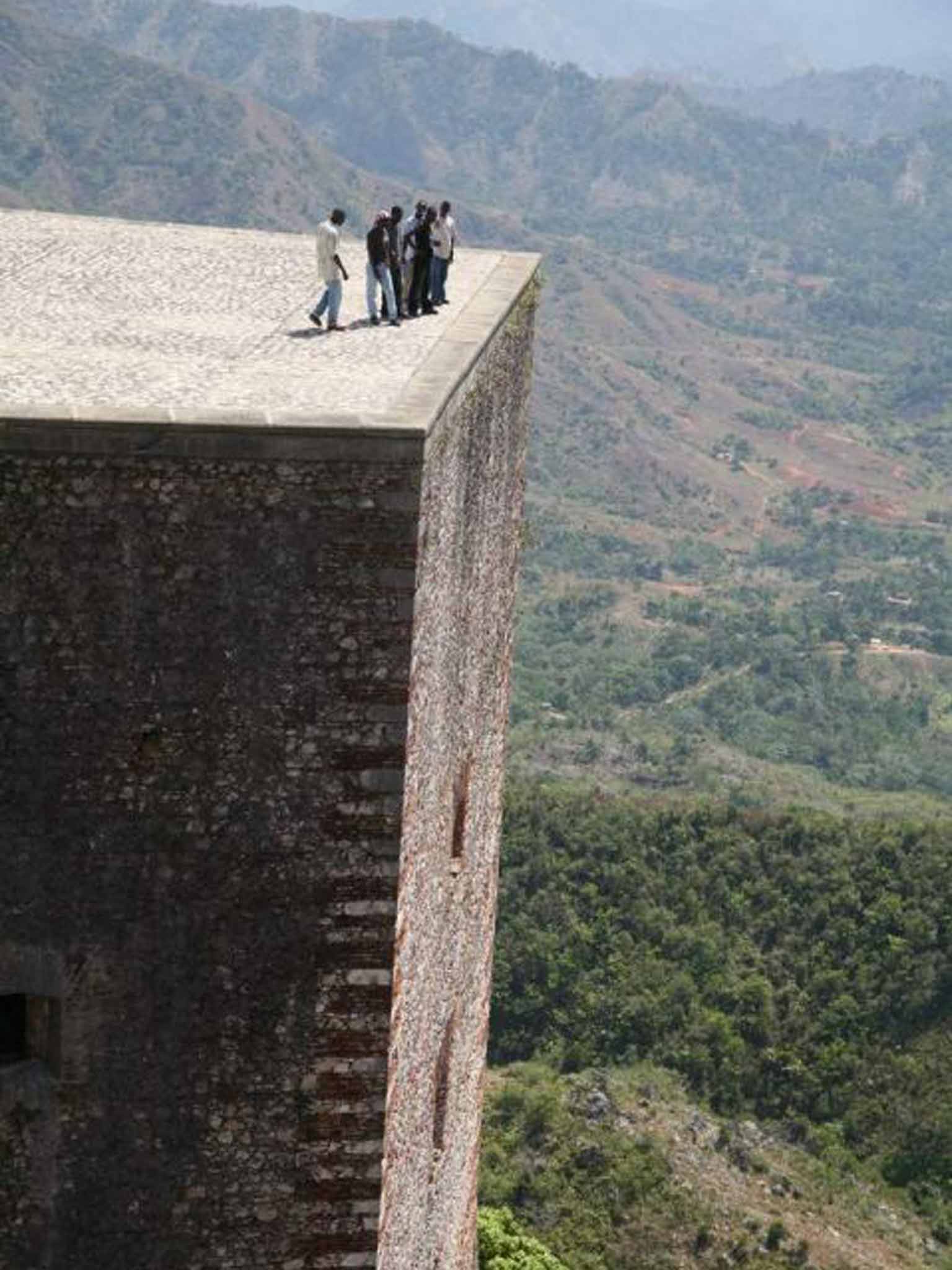Haiti may be down, but it will pick itself up again
See the classic but quiet Caribbean beaches, rum distilleries, the remains of the early 19th-century Sans Souci Palace and World Heritage site of Citadelle Laferrièr

Your support helps us to tell the story
From reproductive rights to climate change to Big Tech, The Independent is on the ground when the story is developing. Whether it's investigating the financials of Elon Musk's pro-Trump PAC or producing our latest documentary, 'The A Word', which shines a light on the American women fighting for reproductive rights, we know how important it is to parse out the facts from the messaging.
At such a critical moment in US history, we need reporters on the ground. Your donation allows us to keep sending journalists to speak to both sides of the story.
The Independent is trusted by Americans across the entire political spectrum. And unlike many other quality news outlets, we choose not to lock Americans out of our reporting and analysis with paywalls. We believe quality journalism should be available to everyone, paid for by those who can afford it.
Your support makes all the difference.Some situations can be so bad it's hard not to be optimistic. If you're flat on the floor, surely the only way is up? Not in the case of Haiti. The country was doing a good imitation of a punch-drunk fighter – whacked by bad governments, bad hurricanes, bad luck – when an earthquake came along and delivered the knock-out blow.
The huge quake that flattened much of the teeming capital, Port-au-Prince, struck the half-an-island nation on 12 January 2010. It was another, bigger disaster to add to a string of them right back to the country's heroic, troubled birth. There's no other way to describe Haiti's creation, a slave revolt against French colonists, led by the epically named Toussaint L'Ouverture.
Freedom didn't come cheap: the perfidious French employed every dirty trick in the book to try to keep their hands on those sweet sugar profits. Defeated, they demanded reparations: "Pay up or we'll make life economically impossible," was the threat. It took until 1947 for the Haitians finally to pay out their overlords.
So, things started badly and never really got better. There was a civil war among black slaves, white settlers and mixed-race descendants. As with Zimbabwe 150 years later, the remaining whites were first welcomed, then unwelcomed. Nor did sugar wealth come so easily when you didn't have slaves to work the plantations. In the 20th century, there was Papa Doc Duvalier, followed by Baby Doc, followed by Jean-Bertrand Aristide who was kicked out, then brought back. No matter how bad things were, they could still get worse.
This is the Caribbean – there are beaches, there is warm water. Yet even tourism managed to stumble and fall, despite Bill and Hillary's Haitian honeymoon, 18 years before he became president.
So, when the earthquake delivered that crushing blow it was almost inevitable that the world's media would rush in and kick poor Haiti while it was down. Five years later, things are still far from good. Even from Outer Space it's easy to spot the division between the Dominican Republic on the east side of the island and comprehensively deforested Haiti to the west.
Despite all this, Haiti deserves attention. You can head north to the Citadelle, absolutely the most awe-inspiring man-made creation in the Caribbean. It is hulking, darkly ominous, perched on a mountain and built by those uppity freed slaves, determined that their former French masters would not attempt a comeback. There's the most gloriously Technicolor art in the Caribbean, you'll find the Haitian naive school in galleries and streetside stalls, but also decorating every "tap tap", the Haitian public buses. And no visit is complete without Thursday night voodoo jazz at the Oloffson Hotel, which just happens to be the Trianon Hotel from Graham Greene's The Comedians. Yes, Haiti may be down, but there's a spirit, a buzz to the place which almost guarantees it will get up again.
Tony Wheeler, co-founder of Lonely Planet, visited Haiti before and after the earthquake to write about it in his book, 'Dark Lands'
Join our commenting forum
Join thought-provoking conversations, follow other Independent readers and see their replies
Comments